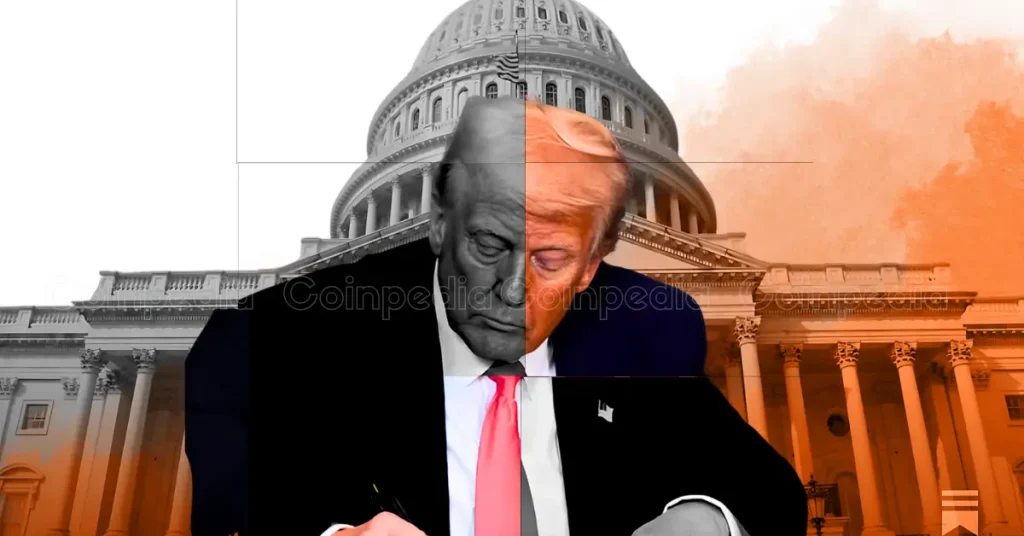
The post Cryptocurrency Future Remain Dicey In Few Countries Amidst 3AC Bankruptcy appeared first on Coinpedia - Fintech & Cryptocurreny News Media| Crypto Guide
The Cryptocurrency hedge fund Three Arrow Capital (3AC) declared bankruptcy in June-end, and its after-effects can be seen in the crypto industry.
After the collapse of 3AC, other crypto firms have started preparing themselves for any further shocks.
The crypto market was on a low since April, the crash of TerraUSD (UST), a U.S. dollar-pegged stablecoin, led to plummeting prices of Bitcoin, Ethereum, and other cryptos.
With the market being in a slump, 3AC was just another victim of the crypto crash and brought the question of regulating cryptocurrency or digital virtual assets into the light.
Several financial regulators are making or set on implementing strict legislation to regulate the sector.
Crypto Struggles in Singapore
The Monetary Authority of Singapore (MAS) has had a very welcoming approach toward cryptocurrency, attracting firms from China, India, and elsewhere.
It is expected that after the collapse of 3AC, MAS will come up with stringent regulations to monitor the crypto market, becoming less accommodating.
According to data by KPMG, there was a ten-fold increase in investment in the crypto sector in 2022 – it rose to $1.48 billion.
“After recent events, it appears likely that the MAS will get tougher on crypto and digital assets,” Hoi Tak Leung, a senior technology sector lawyer at Ashurst, informed Reuters.
The ripple effect of 3AC’s bankruptcy and the subsequent market turmoil has been swift and severe. Valud, a Singapore-based crypto lending and trading platform suspended withdrawals last week.
According to the local media, Mirana, a fund management firm, is suing 3AC over a loan agreement. U.S.-based crypto lender Voyager has also filed for bankruptcy last week, over a $650 million loan default by 3AC.
Crypto Regulations Are Still Dicey
The Asian regulatory authorities have been very stringent in regulating cryptocurrencies. Singapore had been very liberal with it and promoting the crypto market, but after 3AC bankruptcy, it is expected they might change their stance. Many countries have been imposing heavy taxes on crypto and the recent market crash could just be another nail in the coffin.
India has imposed a 30 per cent tax on cryptocurrencies, leading to panic among Indian crypto investors. After it imposed 1 percent TDS on crypto transactions from July 1, the crypto market has been falling in India and Indian crypto-funding firms have also faced its backlash. If Singapore follows the same, there are chances other countries might follow it and pass similar laws.
South Korea formed a special committee as a watchdog over the crypto market after the crash of Terra LUNA. The committee is responsible for preparing policies and ensuring its supervision. If this trend follows, the countries will have to regulate crypto keeping in mind the changing market patterns.

 2 years ago
146
2 years ago
146














 English (US) ·
English (US) ·